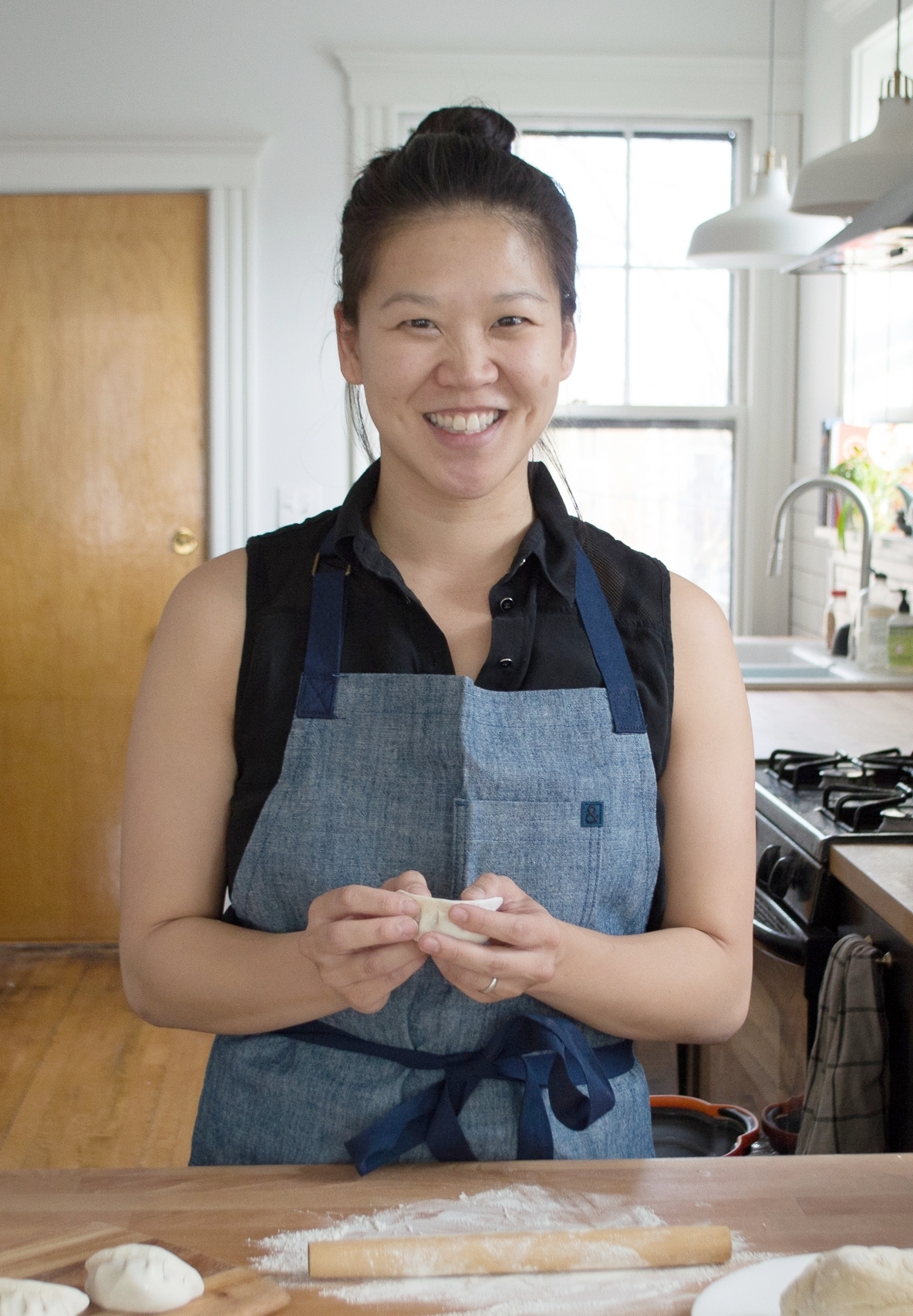Hello!
We're Mei & Irene.
We're here to make your life more delicious and creative and help you stop throwing out food. Thanks for joining us on our mission to reduce food waste!

We're here to make your life more delicious and creative and help you stop throwing out food. Thanks for joining us on our mission to reduce food waste!

Root vegetables - vegetables where the edible root or tuber grows underground - are incredibly versatile and simple to cook. With an earthy sweetness and a starchy heft, they can be hearty enough to build a meal around or a light and fresh snack. They also keep in storage remarkably well, which is a good thing; unfortunately, in my house that often means they can languish for ages while I pay attention to the more perishable vegetables.
This category includes beets, potatoes and sweet potatoes, yams, parsnips, turnips, jicama, radishes, celery root, carrots, rutabagas, Jerusalem artichokes or sunchokes, daikon, and more. Although winter squashes like butternut, acorn & delicata squashes and pumpkins aren't root vegetables, their hardness means they can often be cooked the same way. Onions and garlic are technically roots, but as they're used quite differently in cooking, we're putting those in the Allium category.
We're used to eating carrots and radishes raw, but many other roots - such as beets, celery root, and Hakurei turnips - are delicious raw, particularly early in the season. More mature, later season roots can be more fibrous and bitter and are typically better roasted.
Root veggies can last for quite a while in the crisper drawer of your fridge, although the younger fresher ones should be eaten quickly, especially if you want to consume them raw. Separate the leaves from the greens and store the greens in a bag in the fridge. Potatoes should be stored somewhere cool and dark (take them out of the plastic bag if that's how they came) and can last up to a few months, although if you're buying small new potatoes you'll want to eat them quickly.
Are your potatoes always sprouting? Mine do all the time; I just cut off the sprouts and eyes and eat the rest. Those parts contain natural toxins - I once met someone who is convinced he got temporarily paralyzed from eating a whole bunch of potato sprouts, so definitely stay away. But better safe than sorry - if you have a compromised immune system, are pregnant, or elderly, or a kid, or just don't feel comfortable - just throw those potatoes out. Same goes for green potatoes - you can those parts off or just steer clear. If you're curious, here is what Rachael Ray has to say on the topic.
We almost never peel our root vegetables. You're probably wondering: why not? Well, first and foremost: we're kind of lazy. Peeling root vegetables can be messy and a time-consuming pain. But perhaps more importantly, let’s ask: why? The peels generally have a lot of good-for-you fiber, they can add texture and flavor, and why waste a perfectly edible part of a vegetable? There are of course, a few exceptions here, and you'll likely want to peel more as you get later into the season for veggies like beets. Some vegetables have a very tough skin, like celery root, jicama, and some squash varieties like butternut. And if you’re going for a fancy French puree, maybe peel your potatoes. But overall - especially for the common root veggies like carrots, beets, potatoes, parsnips - think twice before getting out the peeler.
If you can, buy root vegetables with the greens still attached! You can use beet greens, sweet potato greens, turnip greens and radish greens in the same ways as the leafy greens that you spend money on, like kale or chard or spinach. Get two for the price of one! Detach the stems from the roots and decide whether you're going to cook the stems (they're sometimes delicious, sometimes too fibrous and tough) but definitely save the leaves. Find some recipes over in the Heartier Greens section!
A tabbouleh-ish herb salad Hero Recipe, perfect for using up all the fresh herbs, summery vegetables and random stuff in your fridge.
A family favorite Hero Recipe, perfect for using up a rotisserie chicken and all sorts of vegetables, from roots to stalks to stems to leftovers.
Okonomiyaki - a delicious cabbage pancake that can also take lots of different vegetables and leftovers. Cook it as you like it!
An easy sheet pan recipe to use up all sorts of random vegetables, complete with golden brown bites of tofu.
a video on shakshuka featuring ridiculous outfits and delicious egg dishes that use up all your random ingredients.